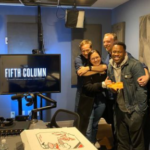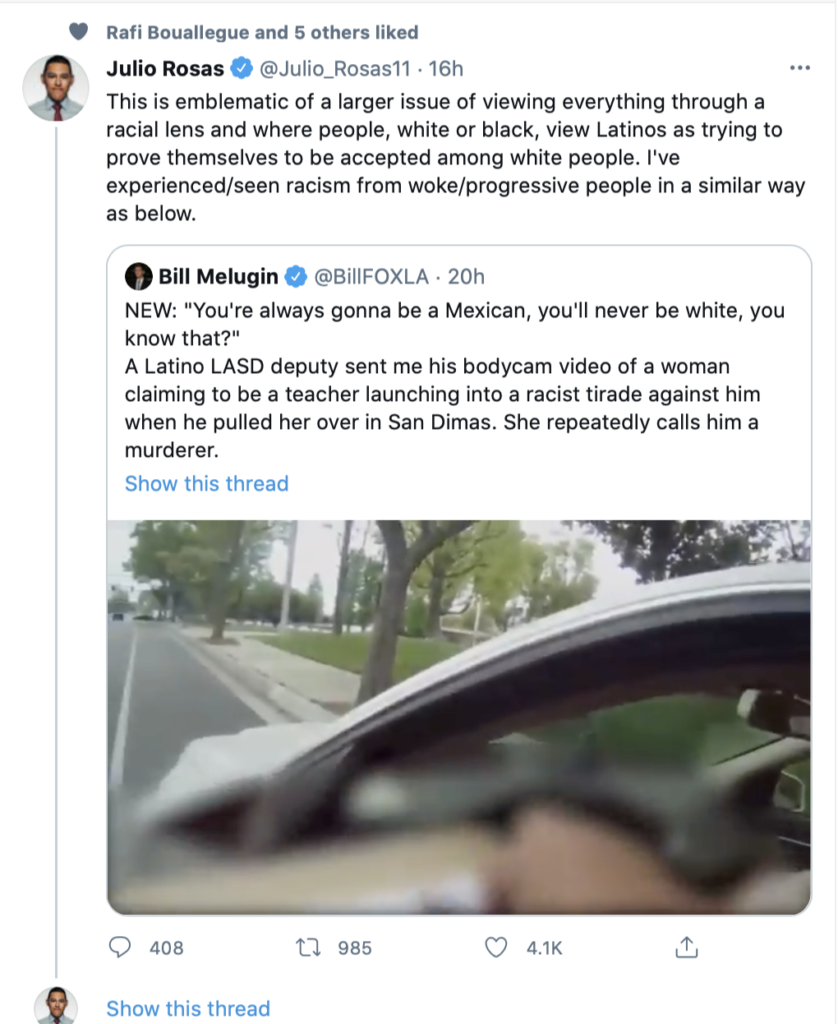John McWhorter Discusses Anti-Racism with Bill Maher
Linguistics Professor John McWhorter sat down with Bill Maher on a recent episode of Real Time to discuss "anti-racism." McWhorter describes himself as someone who is hearing things that don't make sense and his quest is to try to obsessively make sense of things like "anti-racism." The interview was as intense as it was fast-moving. Several take-aways:
A) "Anti-racism" condescends to people who identify as "black," infantilizing them.
B) There is a great diversity of thought among those who identify as black, almost two-thirds of whom are middle class (or even higher earning), the majority of whom do not live in ongoing fear of being harassed or shot by the police,
C) None of this is to suggest that there isn't still racism, which needs to be addressed.
D) Wokeness is a religion where "whiteness" functions as "original sin" that afflicts even babies, a religion where Robin DiAngelo's misguided book, White Fragility is mistakenly being treated as "research" instead of second-rate literature that advocates for victimization;
E) People pretend to "atone" for "white privilege" by posting on FB that they are "doing the work." This solves nothing.
F) White Fragility is not representative of "the general black view of things."
G) There is no one "black view" of things - Also, "'Yes we can't'" has never been the slogan for black America and it's not now."
H) In the religion of Wokeness, advocates pretend that "racism has never been worse" than today, even in the 1960's and even during the 1850's. These are palpable untruths to any person who knows even a tiny bit of history. "Why is it un-black to address degree?"
I) It is childish for anyone to shut down opposing views to protect themselves from never being told that they are wrong. This "cathartic" approach will never change anything. We need meaningful engagement.
J) Social media has everyone "peeing in their pants," afraid to defer even minimally from Woke orthodoxy, which is making "mendacity" ubiquitous.
K) The fear of being honest and the fear to even tell a joke is "becoming almost everywhere. The only exceptions are people who are "weird like us and you don't mind being hated. But most people are not going to have that disease, and so we are stuck where we are."
If you'd like to follow John McWhorter, you can find him on his own Substack Website, It Bears Mentioning. Also, McWhorter often joins Glenn Loury for conversation at The Glenn Show on Patreon.


